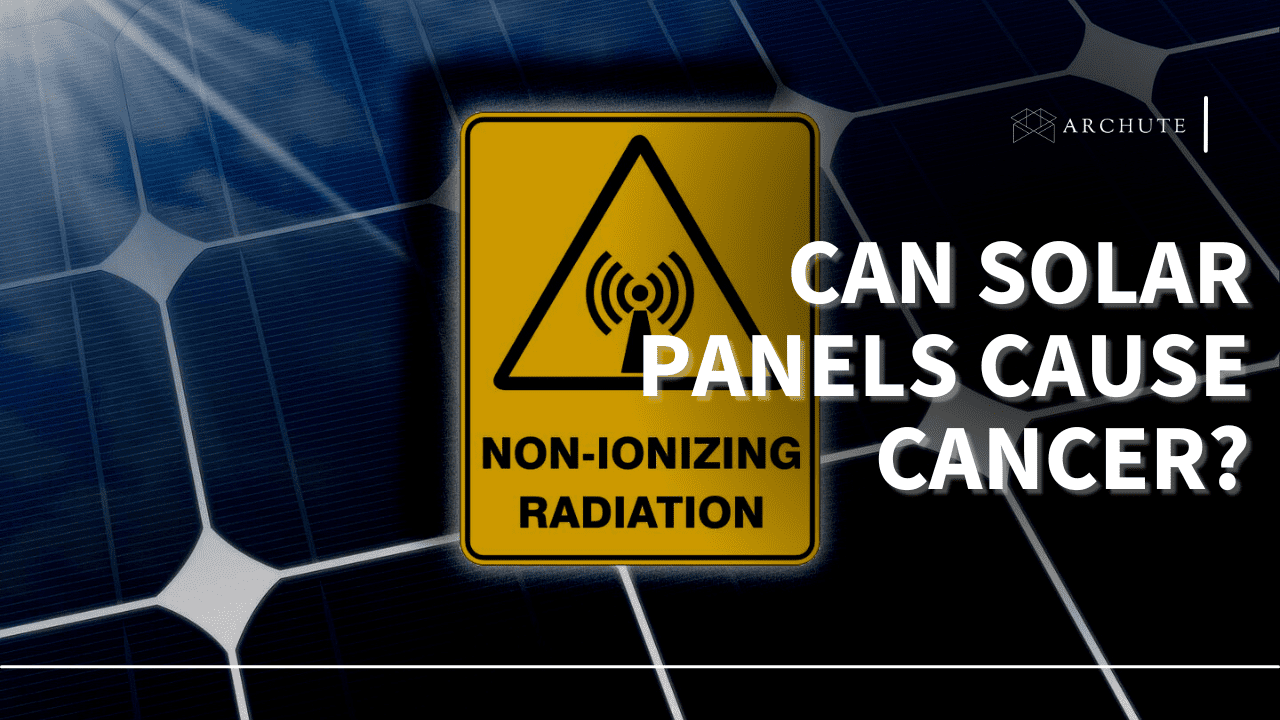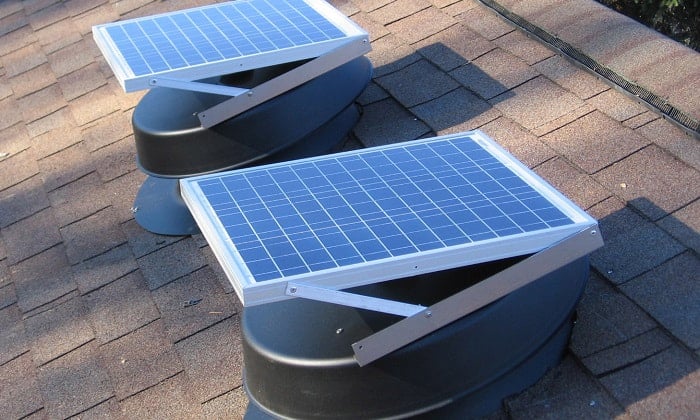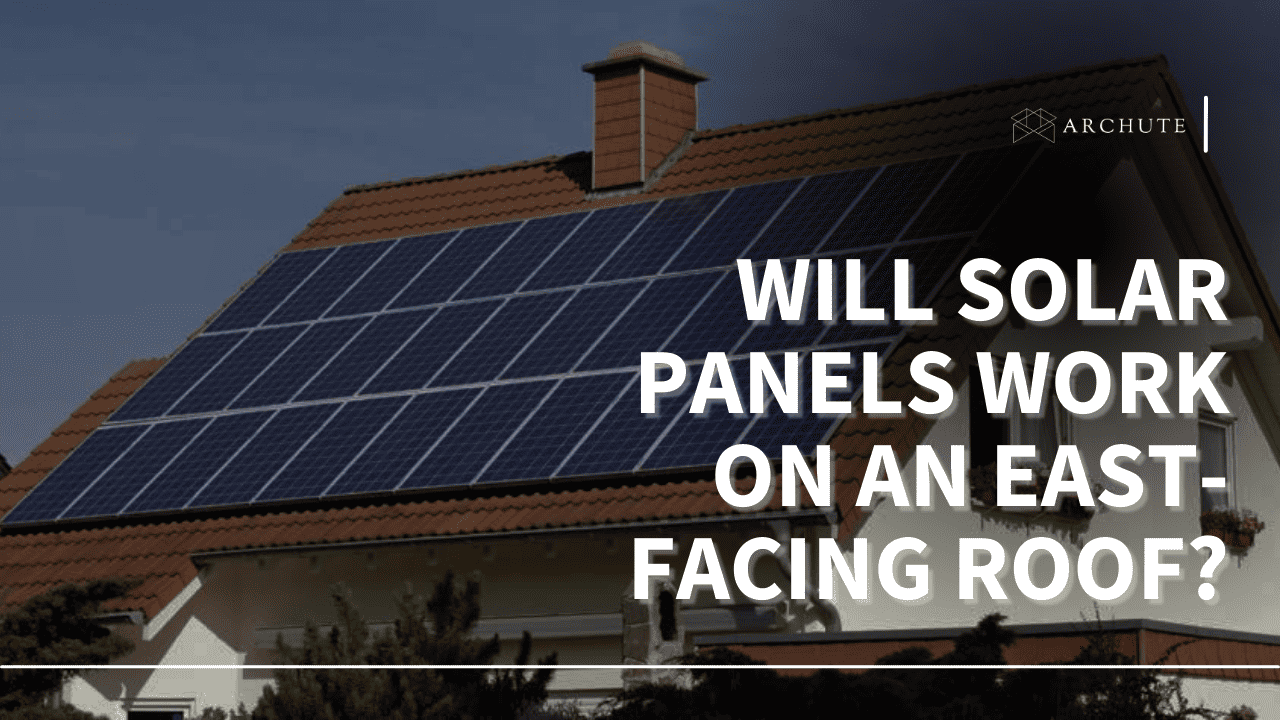In recent years, solar panels have become an energy alternative for electricity and reducing utility bills. But unfortunately, there has also been an ongoing myth that this renewable energy source causes cancer, pushing consumers away from installing them. But can solar panels cause cancer?
These power sources do not lead to cancer unless you plan on eating one. Nevertheless, our article will explain in-depth whether solar panels pose a cancer risk and everything you need to know about their safety. Let’s get started!
Can Solar Panels Cause Cancer?
If you are completely new to this subject, you should understand that no solar panel can cause cancer unless you ingest it. However, specific thin-film solar cells are made from gallium arsenide and calcium telluride materials. These elements are classified as carcinogens that may cause cancer.
It is also good to be cautious that some health concerns can be brought about by modern technology. Still, the same technology allows us to harvest renewable energy through solar panels and wind turbines.
Solar farms are here to improve our environment and health by reducing emissions. Additionally, solar panel technology does not cause cancer because the system does not emit more radiation than electrical wiring. Furthermore, no documentation proves the connection between cancer and non-ionizing RF radiation.
Solar panel safety should be of less concern since they do not burn fossil fuels to generate electricity. Additionally, solar cells take advantage of sunlight to produce energy. Hence, they do not pose any electromagnetic radiation risk that may damage your DNA or your body cells, leading to cancer or other health problems.

Image Credits: greeenbuildingelements.com
So, why do some people think that solar panels may cause cancer? There may be two reasons:
To begin with, solar panels are often placed on roofs making people think they are close to their heads. Due to their proximity, some even think that solar panels cause headaches. However, that should not be a cause of concern since we have already learned that they do not emit radiation that could cause cancer.
Secondly, solar panels are installed within a short period and stay in a home for a long time. Some people may be worried that since they overstay, they may pose a risk of cancer or need replacements. However, if the installation time of solar panels in your home is of concern, you can consider other sources of energy that run on fuel, such as oil or gas plants.
Can the Materials in Solar Panels Cause Cancer Risk?
Solar panels are composed of different materials that help them function. To understand this topic better, we will explore how these panels are categorized and how much energy they generate to bring an eco-friendly environment. Solar panels are categorized into two;
1. Crystalline Silicon Cells
Silicon solar panels are the most commonly used ones. This is because they are composed of non-toxic elements such as rocks and sand. However, some people think that they have lead in them that help in wiring up a house. While the rumor may be true, it is minimal compared to other materials like stainless steel or copper used in wiring most homes nowadays.
In addition, the silicon solar panels are wired using lead; the lead wires get detached by wind gusts when they are not properly fastened. That is why solar panels are secured with a sturdy glass casing that protects people from any hazardous material inside them.
2. Thin-film Solar Panels

Image Credits: greenlightsolar.com
Thin film solar panels are built differently from crystalline silicon solar panels. Instead of using silicon to generate solar power, they use compounds that may be toxic. So, are thin film solar cells toxic? The answer is yes, since these solar panels emit radiation, making them unsafe for residential applications.
However, some elements in the solar panel are found as waste products of mining, so they can be unsafe. The only advantage of thin-film solar panels is their manufacturing process. They use materials that completely seal the inside components against dust particles and weathering factors, making them more durable than the standard panel models.
Do Solar Panels Emit Radiation?
Most cancerous cells multiply due to radiation. Solar panels do not cause cancer, but solar energy in the form of UV rays can lead to health risks such as skin cancer. In the case of modern electronics, solar panels are known to produce extremely weak electromagnetic fields and very low radiation levels. Therefore, there are no health concerns related to radio frequencies and Electromagnetic field radiation. Here’s an in-depth exploration of why these radiations in solar panels do not cause a health risk.
1. RF Radiation

Image Credits: cbcnews
Radiations emit photons at different frequencies. Additionally, these photons take different characteristics, depending on their frequencies. At a specific frequency, they can be visible to light; at a lower one, they become radio waves, also referred to as radiofrequency radiation.
If the frequency is higher than visible light, they emit ultraviolet light, which can be harmful enough to be a cancer risk. Long exposure to UV light can cause skin cancer and sunburn. If you crank up the frequency even more, the radiation emits gamma rays and x-rays, which is an effect of nuclear bombs.However, radiation can be harmless if emitted in low doses and can be used in medical procedures such as getting clear images of internal body organs via x-ray machines.
2. EMF Radiation

Image Credits: shieldyourbody.com
Electromagnetic fields are the invisible lines of force surrounding any electrical device; they are created when electricity flows. An electromagnetic field’s strength is determined when a device’s voltagedecreases. The EMF emitted by solar panels is below the limits set by international safety standards, so they do not pose any health risks.
Frequent exposure leads to the risk of getting brain tumors such as glioma and neuroma.
Risks Involved in Manufacturing Solar Panels
Solar panels are not toxic to homeowners but can be hazardous to people working in the factory line. During the manufacturing process, these people are exposed to toxic elements and substances depending on the technology they are working with to create these solar cells.
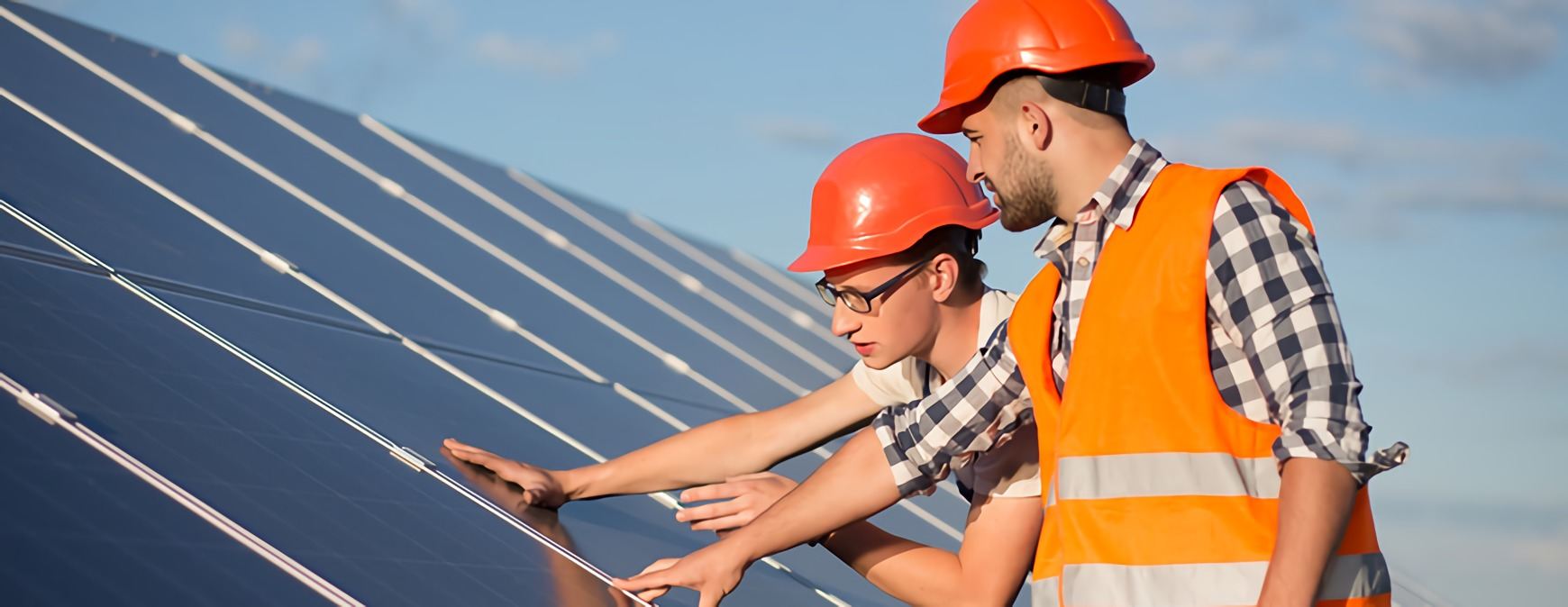
Image Credits: rsi.edu
The silicon cells release strong alkalis, such as sodium hydroxide, and acids, such as nitric acid. For safety purposes, the employees are provided with the right physical protection equipment and proper ventilation to ensure their safety.
The minimum safety standards depend on each country’s protocols, but one of the highest ones is practiced in the United States. In addition, the health risks are less for solar installers and buyers that work on and interact with the finished product.
Safety Certifications for Solar Panels
a. Solar Panel Certifications
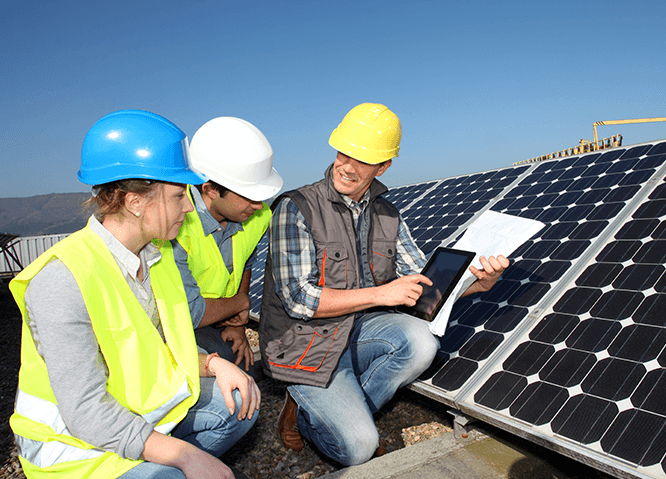
Image Credits: everbluetraining.com
Most manufacturers guarantee the safety of their products by including safety labels. The labels inform you of the safety procedures the solar panel has undergone before reaching you. Additionally, the solar panels are also tested to see if they meet the minimum safety standards for environmental and work conditions.
b. International Electrotechnical Commission
The International Electrotechnical Commission, or IEC, is an industry body that sets international quality standards for electrical devices such as solar panels. Solar panels should meet the standards and be given the certification IEC 61215. Such solar panels have gone through the necessary tests and passed all of them. Plus, the tests regard climate, electrical and mechanical quality.
Climate tests are necessary to measure how well a solar panel can withstand exposure to hail and other conditions like snow or heavy rainfall. An electrical test ensures the panel has the right insulation and seals against water. Finally, the mechanical tests involve testing the physical performance of the solar panels.
A different certification is used on the solar panels fire safety called the IEC 61730. This certification determines the solar panels’ electrical performance and fire safety.
c. Underwriters Laboratories
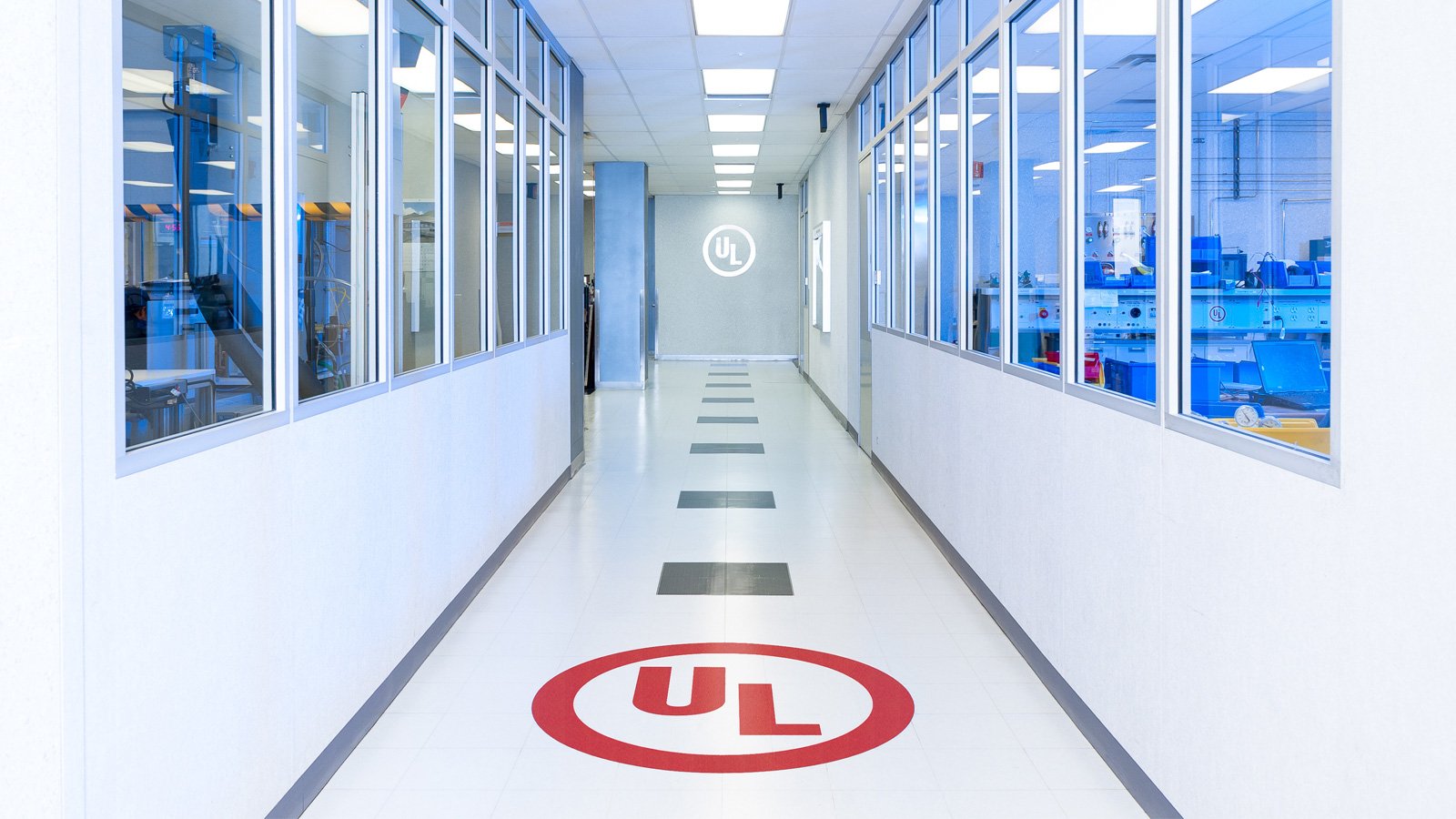
Image Credits: bleepingcomputer.com
Apart from the IEC, you will find another label on your solar panel written UL or Underwriters Laboratories label. They are an organization devoted to checking the safety of electrical products and offering testing and certification on solar panels.
This organization uses robust testing standards to guarantee that electronic materials such as solar panels are safe for consumers and their environment. Buying a solar panel that does not have certification from IEC or UL can pose a health risk to your home.
Conclusion
In conclusion, solar panels do not risk human health since they do not cause cancer. Additionally, solar technology contributes to health benefits by reducing air pollution. After all, solar systems support using renewable energy to reduce the cancer-causing pollutants in the environment.
Featured Image Credits: solarquotes.com

